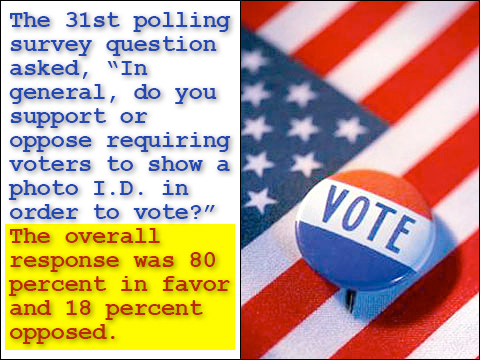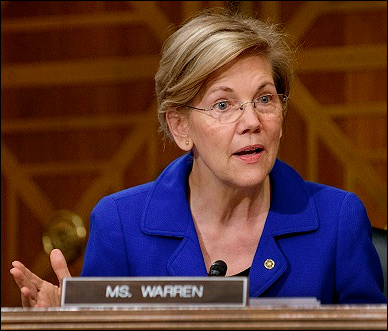By Jim Ellis
June 25, 2021 — New Jersey’s Monmouth University ran a national political survey (June 9-14; 810 US adults, live interviews) about the proposals being considered to change voting procedures at the national level and in many states. The result from several of the polling questions proved surprising.
As we know, the S.1/HR-1 legislation could not amass enough votes to invoke cloture against a Republican filibuster, thus killing it at least for a time. It is highly unlikely this measure could pass as currently written, but it is not out of the realm of possibility that another version of the voting bill will be considered later in the session. Additionally, election-oriented bills are alive in many states where legislatures have not yet adjourned for the year.
Monmouth tested the national sampling universe on a series of voting proposals and ideas, and their research effort may be one of the more extensive surveys published about the subject. Most of the responses were expected: people overwhelmingly favor enhanced mail voting, making the voting system more “user friendly”, and proof of identity.Perhaps the most onerous provision in the S.1/HR-1 concept was the national prohibition of election officials asking for identity proof. The main argument is that the voter ID procedures “suppress” minority turnout. Monmouth’s surprising result, however, finds their labeled category of minority voters actually support the ID requirement in a larger proportion than the non-Hispanic white respondents.
The 31st polling survey question asked, “In general, do you support or oppose requiring voters to show a photo I.D. in order to vote?” The overall response was 80 percent in favor and 18 percent opposed. Among those identified as Hispanic-Black-Asian-Other in the Monmouth crosstabs, the positive ratio rose to 84:13 percent.
This type of polling result shoots a major hole in the Democrats’ argument against the issue.
Their main opposition talking point is to suggest that many in the minority community cannot obtain an ID card, and thus the individual’s right to vote is suppressed, or denied. It is clear when analyzing this poll’s responses that a robust majority of these citizens don’t agree with such a characterization.







